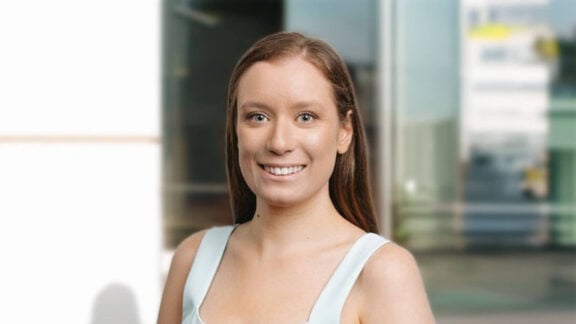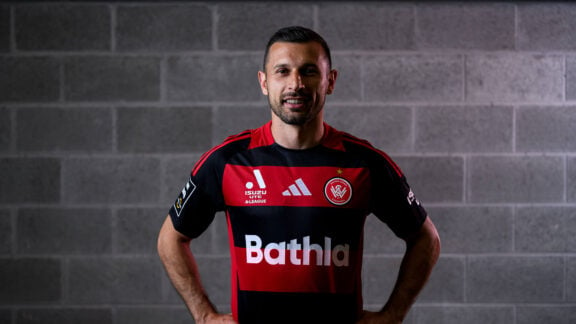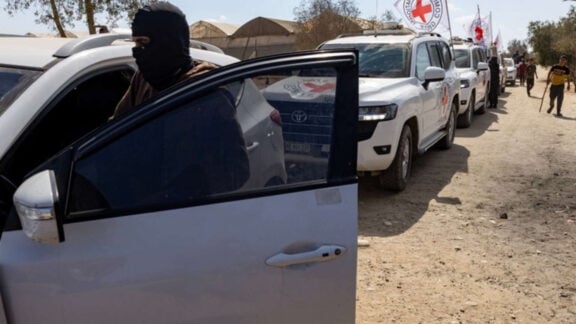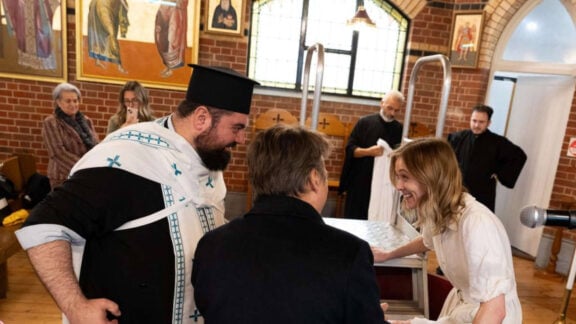The Greek debt crisis may have abated, but newly arrived Greek migrants are continuing to show up on the doorstep of local welfare groups. On Tuesday Shadow Minister for Immigration Shayne Neumann MP paid a visit to Pronia, where he met with CEO Tina Douvos-Stathopoulos to discuss the organisation’s settlement program for Greek migrants.
Accompanied by Federal Member for Calwell, Maria Vamvakinou and Federal Member for Wills, Peter Khalil, the CEO highlighted the challenges Greece’s financial crisis has placed on the service provider, which is continuing to see an intake of new users that have escaped the Greek economic crisis and arrive to the centre in need of support.
Newly arrived migrants face an array of issues such as finalising their visa status and citizenship, having their overseas qualifications and skills recognised to enter the workforce, and finding affordable housing. While migrant parents also have the added pressures of funding the cost of education for their children.
This unprecedented period in Greece’s history has coincided with the pressing needs of the first and second generation Greek Australians, who are now elderly and also in need of support from Pronia.
While Greece may no longer be considered to be in the height of the financial crisis, the CEO together with various Pronia leaders, looked to highlight to the Shadow Immigration Minister and MPs that economic migrants, along with returning Australian nationals from Greece, continue to be high on the agenda.
A focus of the conversation was the challenges particularly facing children of migrant families, and the struggle to assimilate. But to cater to the demand, not only here in Victoria but across the country, Senior Settlement Officer Konstantina Kouroutsidou says there is a dire need for extra resources.
“We have a steady number of people, new clients, every single month on temporary visas and permanent visas like returning citizens, and it makes you wonder – no-one’s going to be left in Greece.
“But we wish we had some extra resources to work with these young migrants, to try to coach them in a way, to help them understand this different, new, strange way of living,” Ms Kouroutsidou told Neos Kosmos.
A recent migrant herself, she says she understands firsthand how isolating the experience of migrating abroad can be without the support system of friends and immediate family, let alone the language barrier and changes in lifestyle.
While Ms Kouroutsidou says that there are a number of opportunities in Australia for Greek migrants, she says that their insular way of living means that many don’t even know they exist, let alone how to access them.
“We are all coming from a country with very low, or next to nothing when it comes to community services. So if you never had it, you don’t even know what to ask for right? It’s all very new for the children of the families, and for the families themselves. When you don’t have previous experience, you don’t speak the language, you don’t have the support, you don’t know where to begin really, you feel lost.”
Ms Kouroutsidou says that this adjustment is proving too difficult for some, with a number of young migrants bailing out whenever they get the chance.
“Some parents have to do two to three jobs, seven days a week to make ends meet. So as a young person, you really don’t have the financial support from your family, from your extended family. It’s heartbreaking a lot of the time.
“We did some work with schools in Oakleigh and to give you an example, last year the majority of Year 12 students, they didn’t even apply to go to uni; they just go back to Greece.”
Since Ms Kouroutsidou started running the Newly Arrived Greek People Project in 2015, she says each year it has become noticeably difficult to assist migrants to find employment. Despite being educated and skilled, they end up as cleaners or working in hospitality (who are often severely underpaid) – and that’s if they’re lucky.
“It’s not easy for people who were born here these days, let alone for migrants, because it takes a lot of skills in seeking work and a lot of degrees and education and experience; and apart from that, Australia is one country for local work experience, which is fantastic, we have very high standards in Australia and that is amazing, but makes it very difficult for newly arrived people,” she explains.
But does the government at both state and federal level truly understand the evolving needs of the long-established Greek Australian community?
The Shadow Immigration Minister broadly acknowledged the challenges faced by various migrant groups in Australia, and highlighted the need for government to support organisations like Pronia, commending the organisation for stepping up “to help people to navigate the complexities of Australian life and to integrate into our communities, because we are a country that is built on our multicultural heritage”.
While he did not commit to extra funding during the meeting, Ms Kouroutsidou says visits such as this, at the very least, give Pronia hope.
“There is a huge need; we have to do a lot of things. I would like to help clients to solve the majority of their issues, and I can do that – we have the knowledge, the ability, we just don’t have the people, we don’t have the time. So it’s frustrating for us and the clients.”









